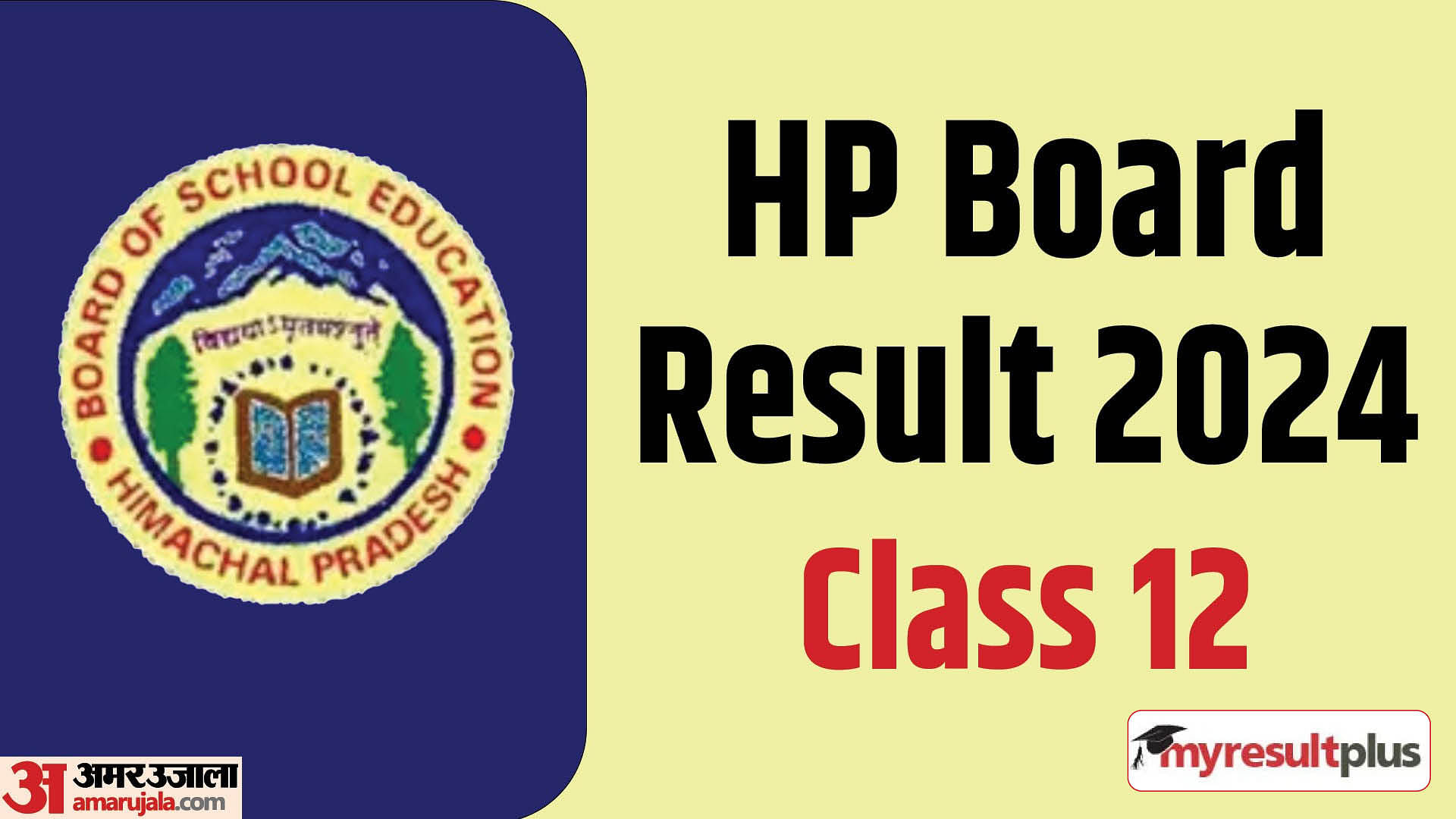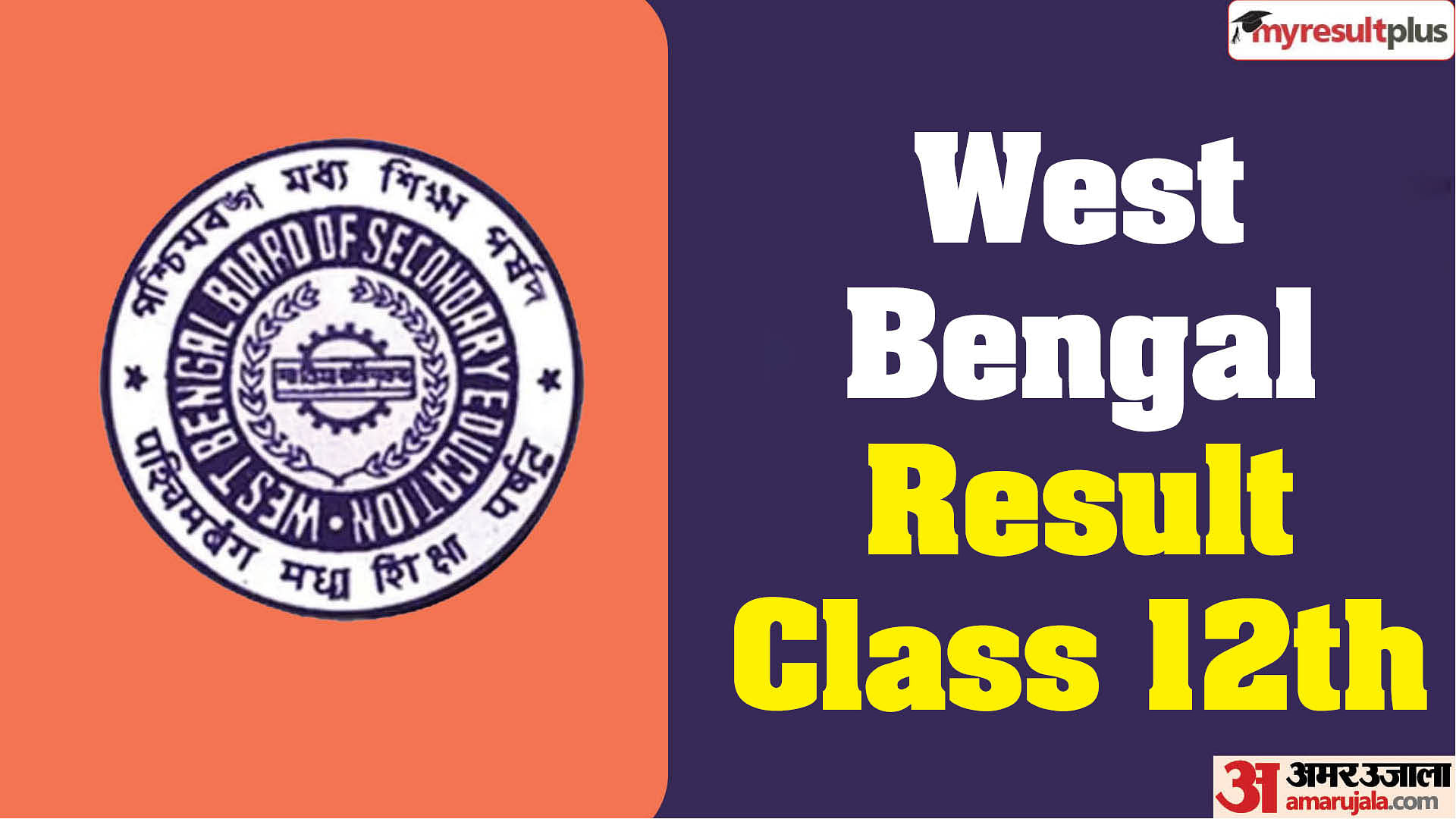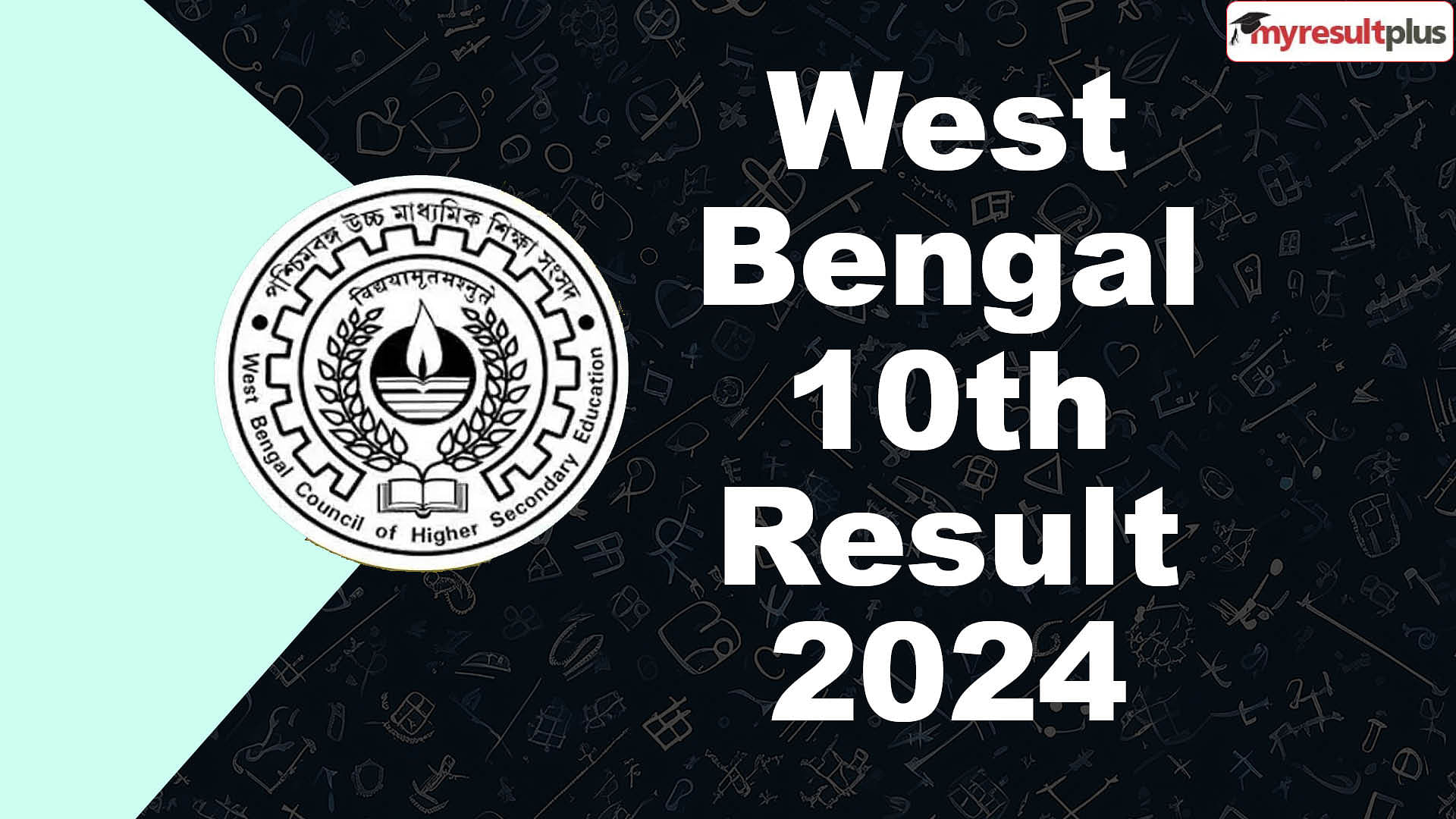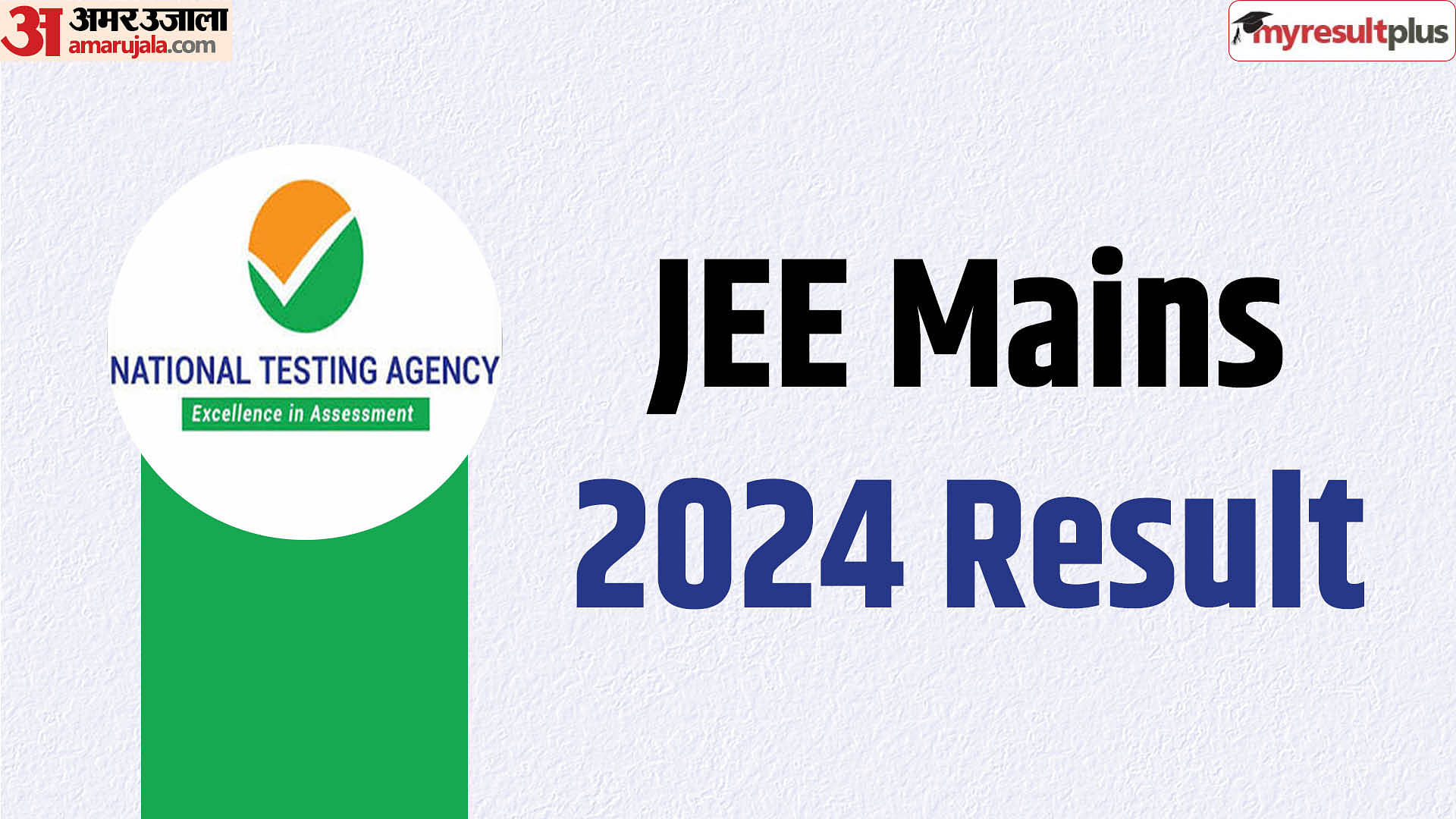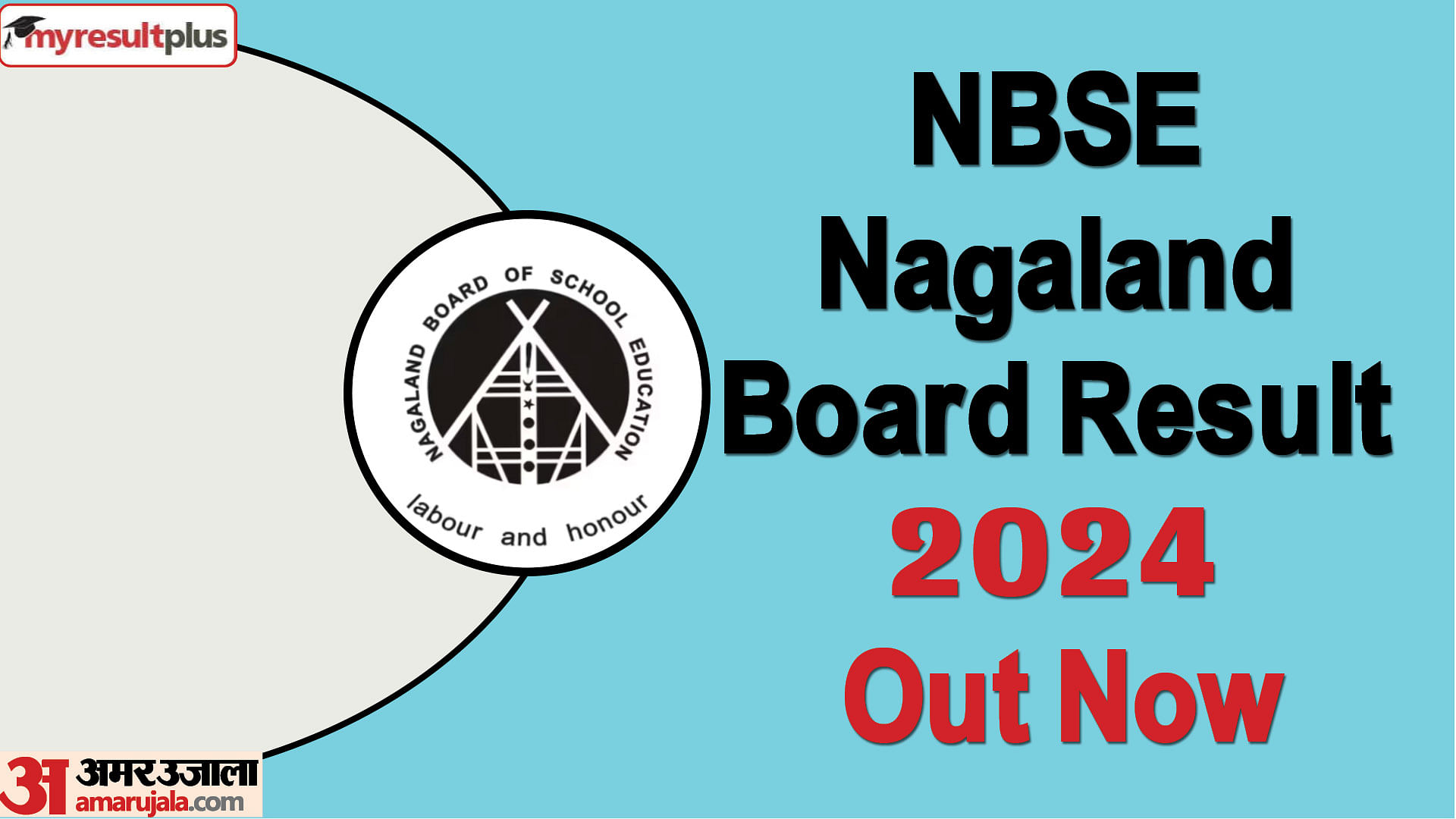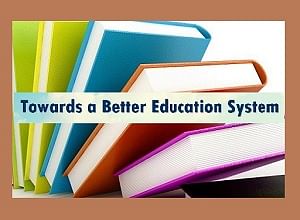
education
The Central Government has launched an Integrated Scheme for school education- Samagra Shiksha, which subsumes the three erstwhile Centrally Sponsored Schemes of Sarva Shiksha Abhiyan (SSA), Rashtriya Madhyamik Shiksha Abhiyan (RMSA) and Teacher Education, from the year 2018-19.
Under the Centrally Sponsored Scheme of Samagra Shiksha, Information; Communication Technology (ICT) component envisages covering all Government and Government Aided schools from classes VI to XII, subject to the availability of budgetary provision.
So far, about88994secondary; senior secondary schools (both government and government-aided schools) were approved under the ICT component of erstwhile RMSA and about 92,886 upper primary schools have been approved to be covered under Computer Aided Learning (CAL) component of erstwhile SSA.
Further, the government has undertaken various initiatives for providing education through digital means such as:
ICT in Education Curriculum for School System - ICT curriculum for teachers and students has been developed by NCERT.
Students’ curriculum was piloted in 588 Navodaya Vidyalayas for one year. 805 MRPs/ KRPs of thirty states were oriented on the roll-out of ICT curriculum for students and teachers in the respective states.
E-pathshala – e-pathshala has been developed by NCERT (National Council for Educational Research and Training) for showcasing and disseminating all educational e-resources including textbooks, audio, video, periodicals and a variety of other print and non-print materials.
So far, 3311 audios and videos, 650 e-books (epubs) and 504 flipbooks have been made available on the portal and mobile app.
National Repository of Open Educational Resources (NROER) - The National Repository of Open Educational Resources (NROER) is an initiative to bring together all digital and digitisable resources across all stages of school education and teacher education.
So far, 13301 files including 401 collections, 2722 documents, 376 interactive, 1664 audios, 2581 images and 5958 videos have been made available over the portal. State/ UTs are motivated to contribute resources on NROER and create OERs for their own State/ UT.
SWAYAM: A Massive Open Online Courses (MOOCs) platform popularly known as SWAYAM (Study Webs of Active learning for Young Aspiring Minds) has been launched. The portal is offering various online courses for school education and higher education. NCERT has started development of course modules for Massive Open and Online Course (MOOCs) for school education system in 12 subject areas (Accountancy, business studies, biology, chemistry, economics, history, geography, mathematics, physics, political science, psychology and sociology) for classes IX-XII.
NIOS is one of the National Coordinator of SWAYAM.
NIOS is offering 14 secondary level courses, and all courses of Diploma in Elementary Education (D.El.Ed.).
The courses hosted on SWAYAM are in 4 quadrants i.e., E-tutorials as Audio/Video lectures, E-text in the form of PDF as specially prepared reading material that can be downloaded /printed (3) self-assessment tests through tests and quizzes and (4) an online discussion forum for clearing the doubts.
Steps have been taken to enrich the learning experience by using audio-video and multi-media and state of the art pedagogy/technology.
SWAYAM PRABHA: A programme for utilisation of satellite communication technologies for transmission of educational e-contents through 32 National Channels i.e. SWAYAM PRABHA DTH-TV has been launched.
CIET-NCERT is the national coordinator for one DTH TV channel i.e., Kishore Manch (#31) and has started feeding a 24x7 educational TV channel w.e.f. 09.07.2018. Every day four-hour fresh slot is telecast and repeated six times in 24 hours to provide learning opportunities for the stakeholders.
NIOS has been allocated 4 SWAYAMPRABHA DTH Channels.
These channels individually cater to secondary education, senior secondary education, teacher education and teacher education in regional languages (Bangla, Assamese, Odia and Telugu).
CBSE initiatives: SARANSH is a tool for comprehensive self-review and analysis for CBSE affiliated schools and parents. It enables them to analyse students’ performance in order to take remedial measures.
SARANSH brings schools, teachers and parents closer so that they can monitor the progress of students and help them improve their performance.
It helps schools to compare their performance vis-à-vis all CBSE schools at various levels and also helps parents to compare their ward’s performance within school State, Region and National level.
It is currently available for Standards IX-XII and provides a comprehensive overview of Standard X performance since 2007 and Standard XII performance since 2009, till the current academic session.
KVS initiatives: ICT Skills are imparted in all the Kendriya Vidyalayas to the students of classes III to XII. 12011 e-Classrooms (9711 e-Classrooms established and 2300 under process) have been established in Kendriya Vidyalayas throughout the country for facilitating effective learning through digital mode.
Besides, 276 Digital Language Labs and 1137 Computer labs have been established in 276 KVs across the Country.
Further, a pilot project e-Prajna has been started for providing tablets pre-loaded with e-content in Maths and Science.
5076 Touch Tablets have been distributed among Class VIII Students and teachers for classroom transactions in subject Maths and Science.
Operation Digital Board: An initiative has been taken by Government of India to provide interactive digital boards to nearly 15 lakh classrooms across the country for 9th standard to postgraduate level, where they can receive lectures from best teachers/professors and access quality e-content, in order to enhance overall learning process and experience of the students.
The Committee to Draft National Education Policy constituted under Dr K Kasturirangan to prepare the Draft National Education Policy is due to submit its report by 31.08.2018.
This information was given by the Minister of State (HRD), Upendra Kushwaha recently in a written reply to a Lok Sabha question.


